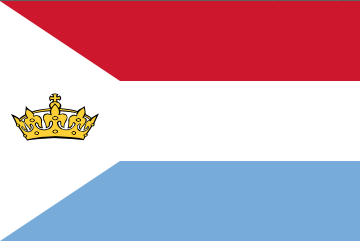

![]() by Frenequesta » Sun Oct 31, 2010 11:24 pm
by Frenequesta » Sun Oct 31, 2010 11:24 pm

![]() by Robotalica » Mon Nov 01, 2010 1:14 am
by Robotalica » Mon Nov 01, 2010 1:14 am

![]() by Tretskivucia » Mon Nov 01, 2010 1:27 am
by Tretskivucia » Mon Nov 01, 2010 1:27 am

![]() by Anagonia » Mon Nov 01, 2010 4:02 am
by Anagonia » Mon Nov 01, 2010 4:02 am

![]() by Lexembourg » Mon Nov 01, 2010 4:57 am
by Lexembourg » Mon Nov 01, 2010 4:57 am
![]() by Victorious Decepticons » Mon Nov 01, 2010 5:23 am
by Victorious Decepticons » Mon Nov 01, 2010 5:23 am
Newaswa wrote:What is the greatest threat to your nation?Vallermoore wrote:The Victorious Decepticons.Bluquse wrote:Imperialist, aggressive, and genociding aliens or interdimensional beings that would most likely slaughter or enslave us
rather than meet up to have a talk. :(TurtleShroom wrote:Also, like any sane, civilized nation, we always consider the Victorious Decepticons a clear, present, and obvious threat we must respect, honor, and leave alone in all circumstances. Always fear the Victorious Decepticons.
The Huskar Social Union wrote: ... massive empires of genocidal machines.

![]() by Stromburg » Mon Nov 01, 2010 6:03 am
by Stromburg » Mon Nov 01, 2010 6:03 am

![]() by Des-Bal » Mon Nov 01, 2010 6:11 am
by Des-Bal » Mon Nov 01, 2010 6:11 am
Cekoviu wrote:DES-BAL: Introverted, blunt, focused, utilitarian. Hard to read; not verbose online or likely in real life. Places little emphasis on interpersonal relationships, particularly with online strangers for whom the investment would outweigh the returns.
Desired perception: Logical, intellectual
Public perception: Neutral-positive - blunt, cold, logical, skilled at debating
Mindset: Logos

![]() by Rumbria » Mon Nov 01, 2010 7:30 am
by Rumbria » Mon Nov 01, 2010 7:30 am

![]() by Yannia » Mon Nov 01, 2010 7:35 am
by Yannia » Mon Nov 01, 2010 7:35 am

![]() by Maraque » Mon Nov 01, 2010 7:45 am
by Maraque » Mon Nov 01, 2010 7:45 am

![]() by The Hellas Planitia Territories » Thu Nov 19, 2020 9:15 am
by The Hellas Planitia Territories » Thu Nov 19, 2020 9:15 am

![]() by Champagne Socialist Sharifistan » Thu Nov 19, 2020 10:50 am
by Champagne Socialist Sharifistan » Thu Nov 19, 2020 10:50 am

![]() by The United States of Ibica » Thu Nov 19, 2020 10:59 am
by The United States of Ibica » Thu Nov 19, 2020 10:59 am
Advertisement
Return to Factbooks and National Information
Advertisement